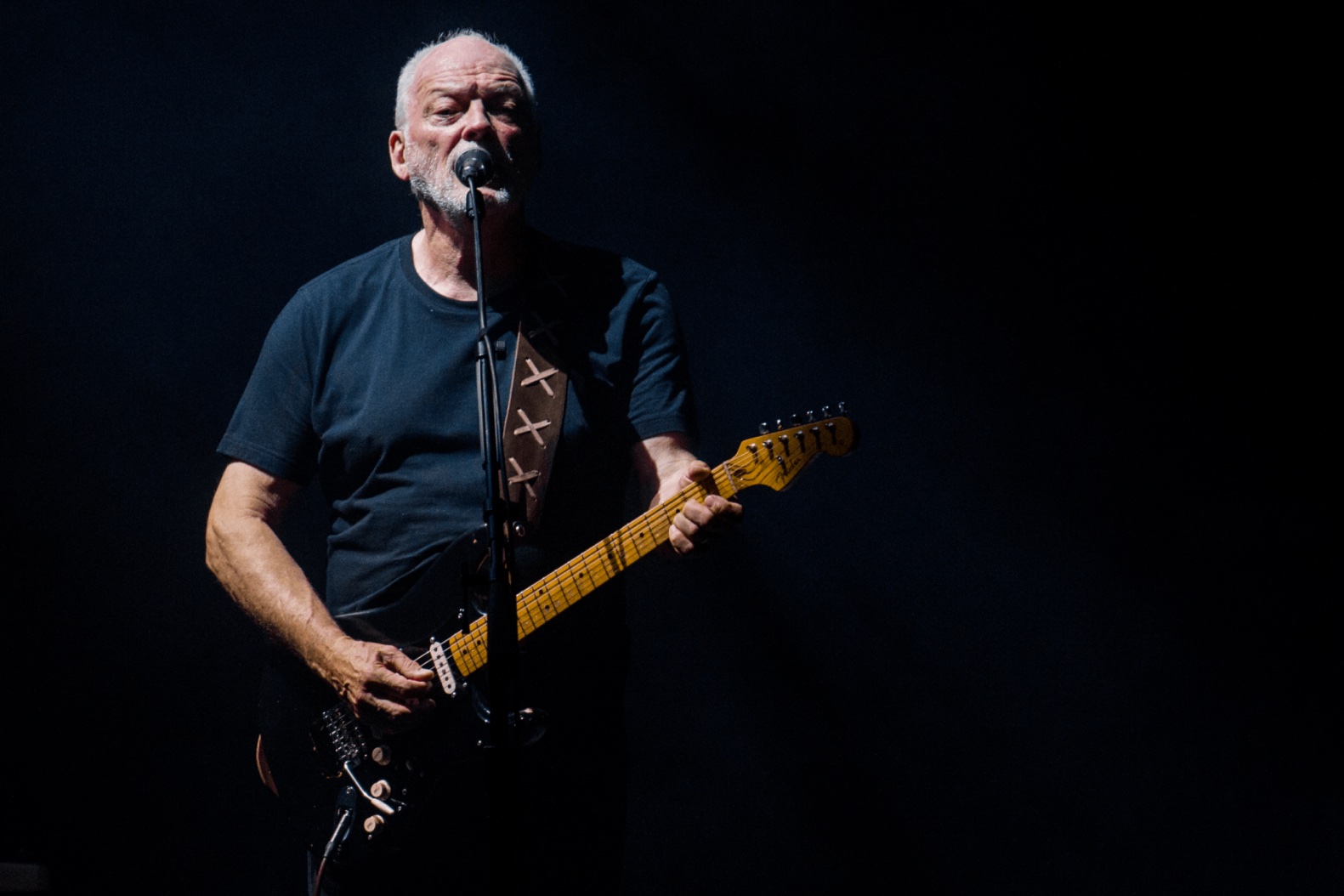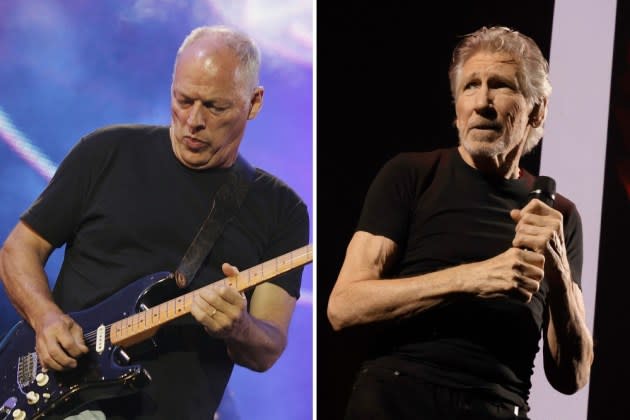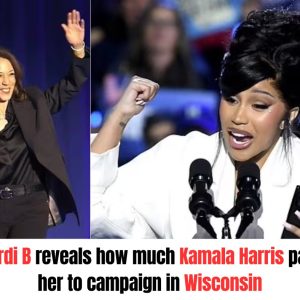David Gilmour has firmly rejected the idea he will ever again share a stage with his former Pink Floyd bandmate Roger Waters, saying: “I tend to steer clear of people who actively support genocidal and autocratic dictators.”

The guitarist, 78, responded with an “unequivocal no” when he was asked by The Independent last month whether he might reunite with 81-year-old bassist Waters.
In a new interview with The Guardian, Gilmour was once again asked whether the pair might put their differences aside and replied: “Absolutely not.”
“I tend to steer clear of people who actively support genocidal and autocratic dictators like Putin and [Venezuelan president] and Maduro,” he continued.
“Nothing would make me share a stage with someone who thinks such treatment of women and the LGBT community is OK.
“On the other hand, I’d love to be back on stage with [late Pink Floyd keyboardist] Rick Wright, who was one of the gentlest and most musically gifted people I’ve ever known.”
Former Pink Floyd bandmates David Gilmour and Roger Waters (Getty)
It was reported this week that Pink Floyd have sold their music rights, as well as their name-and-likeness rights for approximately $400m (£304m) to Sony.
Variety reported that the deal consists of recorded music rights but not songwriting and also included merchandise and theatrical rights.
The group’s iconic artwork, mostly created by the British design company Hipgnosis, which adorned albums such as The Dark Side of the Moon, Wish You Were Here and Animals, is also said to be part of the deal.
If a deal has been finalised it will follow in the footsteps of Bruce Springsteen and Bob Dylan who have both sold their music to Sony in recent year.
The Financial Times first reported that a deal for Pink Floyd’s music had been struck earlier this week but no official statement by Sony or the band has yet to be released.
In an interview with Rolling Stone in August, David Gilmour was asked about the group’s catalogue being sold and said “it’s something that is still in discussion, yeah.”
He added that he wanted to be “rid of the decision making and the arguments that are involved with keeping it going” and that the sale was less about a “financial standpoint” and more about “getting out of the mud bath that it has been for quite a while”.
Variety describes the deal as “one of the largest of many in recent years”.








